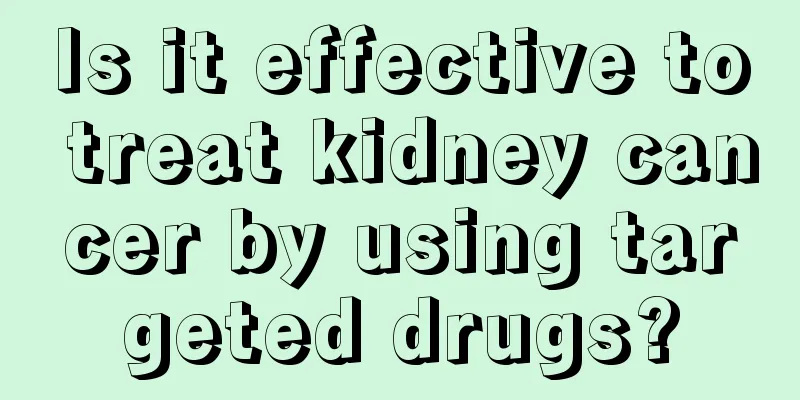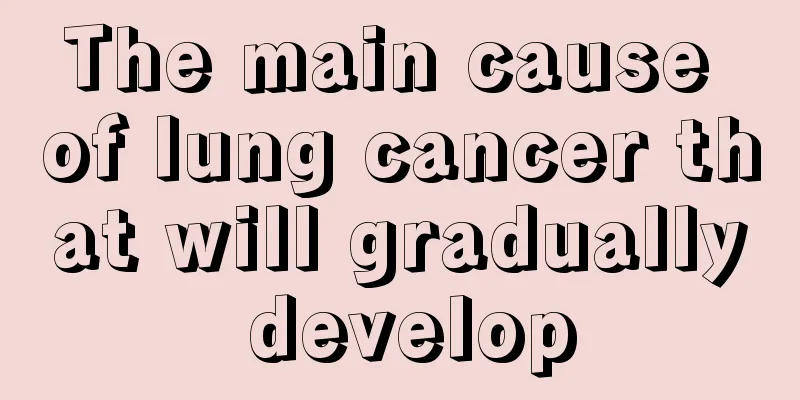What are the dangers of lack of sleep

|
Lack of sleep is very bad for health, but many people have to work overtime and stay up late for a long time due to work problems. However, such lack of sleep can easily cause heart failure, arrhythmia, or stroke and diabetes, and can also cause memory loss. Hazard 1: Increased risk of death British researchers once observed how the sleep patterns of more than 10,000 British civil servants affected their mortality rates over a period of more than 20 years. The results showed that those who reduced their sleep from 7 hours to 5 hours or less had nearly doubled their risk of death from the disease. It is particularly important to emphasize that lack of sleep can double the risk of death from cardiovascular disease. Hazard 2: Causing serious health problems Sleep problems and chronic sleep deprivation can increase your risk of: heart disease, heart attack, heart failure, irregular heartbeat, high blood pressure, stroke, and diabetes. An estimated 90 percent of people with insomnia (characterized by difficulty falling asleep and waking up easily) also have other health problems. Hazard 3: Makes people forgetful and dull Want to make your memory clearer? This requires you to get enough sleep every day. Researchers in the United States and abroad have determined that an area of the brain called "spike wave ripples" is specifically responsible for consolidating memories. This brain wave is also responsible for transmitting learned information from the brain's hippocampus to the cerebral cortex. Most of the "sharp wave ripples" appear when people are in deep sleep. Sleep plays a decisive role in a person's thinking and learning ability. Lack of sleep affects a person's cognitive process in many ways. First, lack of sleep can impair attention, alertness, concentration, reasoning, and problem-solving abilities, which can make you less effective at learning. Hazard 4: Lack of sleep can cause weight gain Lack of sleep may increase hunger and stimulate appetite. According to relevant data, people who sleep less than 6 hours a day are more likely to become obese than those who sleep 7-9 hours a day. Ghrelin in the stomach stimulates hunger and leptin signals in the brain, which suppress appetite. Shortening sleep time will reduce the secretion of leptin and increase the level of hunger hormone. Lack of sleep not only stimulates appetite, it also stimulates the body's craving for high-fat and high-carbohydrate foods. |
<<: What are the symptoms of cold and painful knees
>>: Acupuncture treatment for knee pain
Recommend
Principles and methods of potassium supplementation
Generally speaking, when supplementing potassium,...
What causes teratoma
Teratoma is a common germ cell tumor that origina...
Neuropsychiatric lupus
Most people are familiar with lupus. Lupus is gen...
Do you know the symptoms of lung cancer
Do you know something about lung cancer? Do you k...
How to remove acne, acne marks and shrink pores
Do you know how to remove acne, acne scars and sh...
Will staying up late cause acne? This is how to solve it
Staying up late will not only make people feel ti...
What are the imported anticancer drugs for colon cancer
The level of medical care is now more advanced th...
I woke up in the morning feeling dizzy and wanting to vomit
The pressure of fast-paced life has caused many p...
What are the symptoms of bladder cancer in the late stage? What is the diet for advanced bladder cancer?
Bladder cancer is a common urinary system disease...
Symptoms of advanced primary gallbladder cancer
What are the symptoms of late-stage primary gallb...
A folk remedy for gastric cancer to relieve symptoms such as belching and vomiting
Due to the adverse stimulation of the tumor on th...
What does a mole on the lips mean? Is it some kind of disease?
There are many female friends who have moles on t...
The dangers of lung cancer puncture
What are the dangers of lung cancer puncture? The...
How to win back my boyfriend after breaking his heart
Everyone makes mistakes sometimes, but everyone m...
Prompt care for pancreatic cancer is the most critical
Pancreatic cancer is a very common tumor disease....









